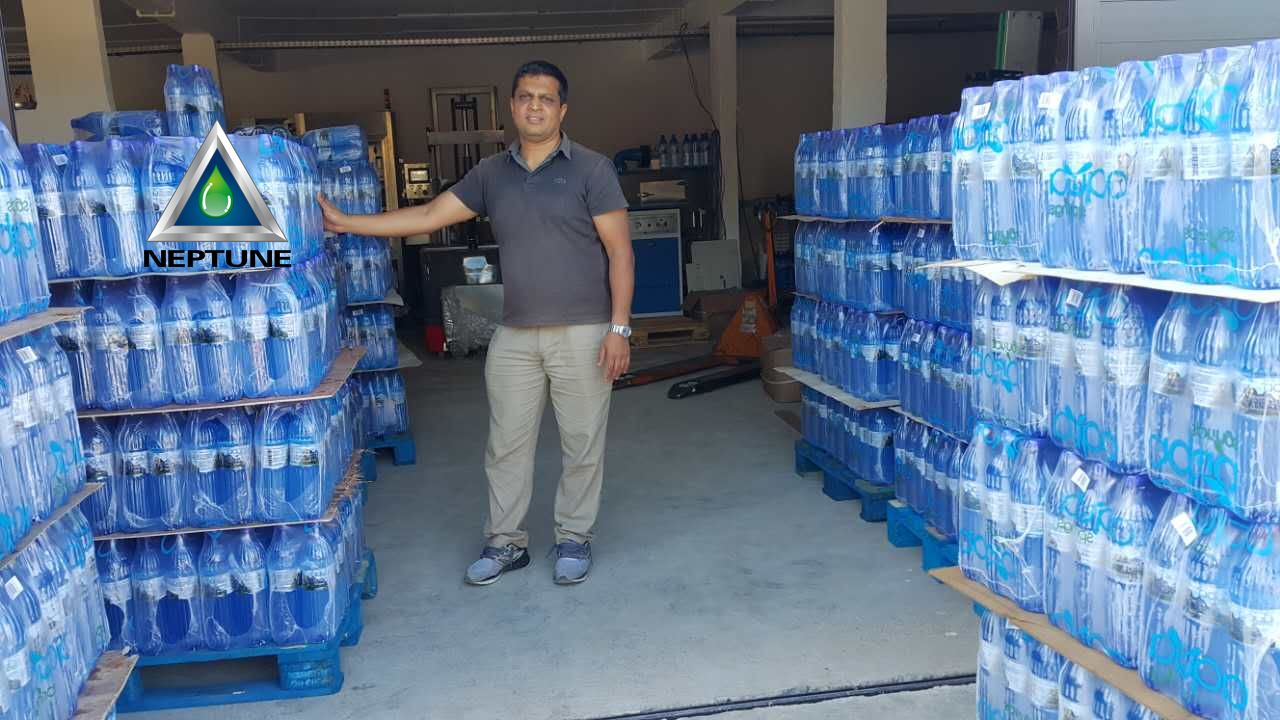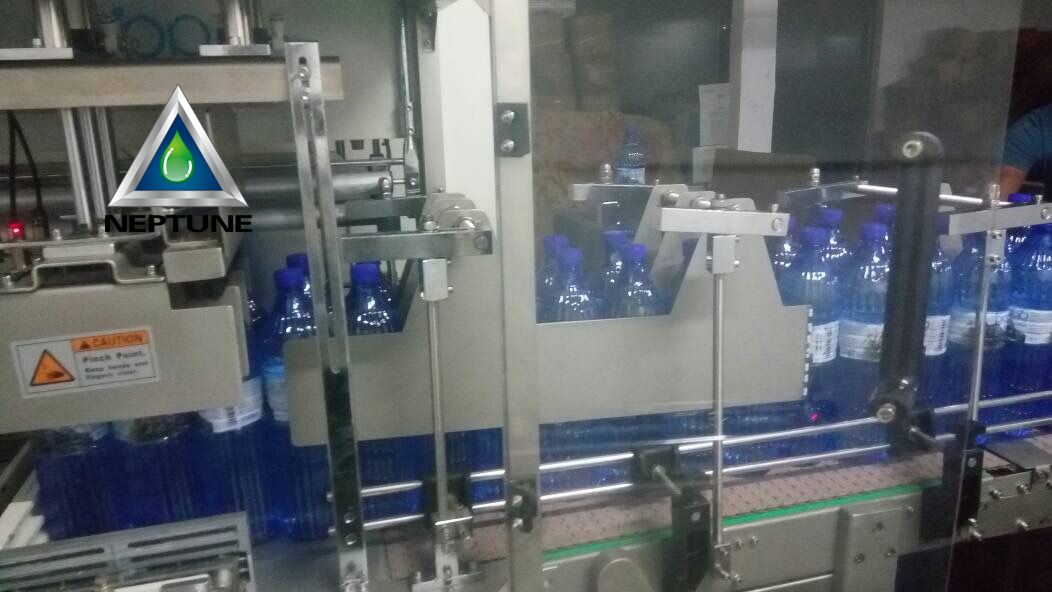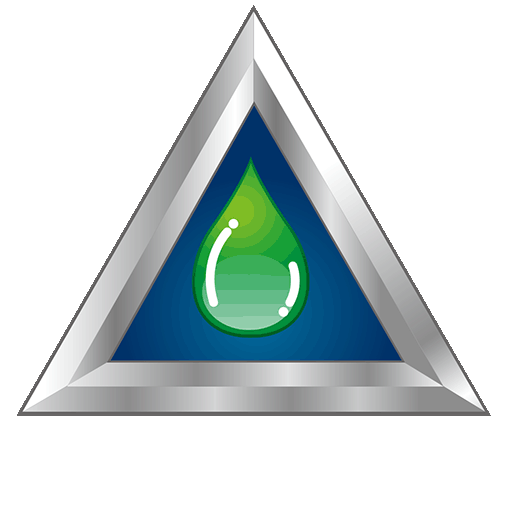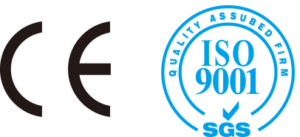To industrial production bottle water in Africa, you will need to follow a few steps:


- Source the water you will be bottling. This can be from a natural source such as a well or spring, or from a municipal water supply. It is important to ensure that the water is safe to drink and meets local and international standards for drinking water.
- Obtain the necessary permits and licenses to operate a bottled water business in your area. This may require you to register your business, obtain a permit to extract water from a natural source, and comply with other regulations related to the production and sale of bottled water.
- Set up a water treatment plant to purify the water and remove any contaminants that may be present. This may involve filtration, disinfection, and other processes to ensure the water is safe to drink.
- Purchase water bottling equipment, including bottles, caps, labels, and a filling and labeling machine. The type of equipment you will need will depend on the volume of water you plan to bottle and the size and shape of the bottles you will be using.
- Set up a production line to bottle and label the water. This may involve filling the bottles with water, applying labels, and applying caps to the bottles. You will need to ensure that the production line is efficient and meets your production goals.
- Store the bottled water in a cool, dry place until it is ready to be shipped to customers. You will need to ensure that the bottled water is properly labeled and that it is stored in a way that prevents it from spoiling or becoming contaminated.
- Transport the bottled water to customers or distributors. This may involve hiring a trucking company or using your own vehicles to deliver the bottled water to customers or distributors.
- Monitor the quality of the bottled water throughout the production process and regularly test the water to ensure it meets local and international standards for drinking water. This may involve conducting regular microbiological and chemical testing to ensure the water is safe to drink.
- Comply with all local and international regulations related to the production and sale of bottled water. This may involve submitting regular reports to regulatory authorities and obtaining any necessary certifications or approvals.
Overall, starting an industrial bottled water business in Africa will require careful planning, a reliable water source, and the necessary equipment and expertise to produce and sell high-quality bottled water.

